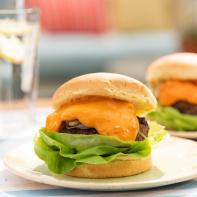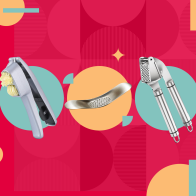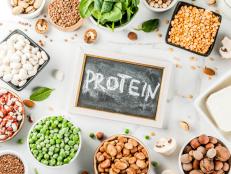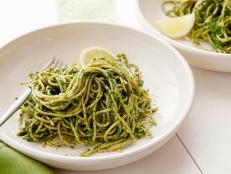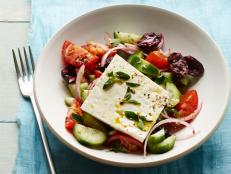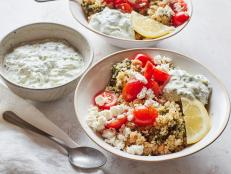"While it is true that every time you eat your metabolic rate bumps up slightly as it digests, absorbs and assimilates nutrients, it is not true that eating frequently boosts your 24-hour metabolic rate," explains Jill Weisenberger, MS, RDN, CDE, CHWC, FAND, author of Prediabetes: A Complete Guide. "That bump in metabolic rate, called the thermic effect of food, is related to what you eat. It is not related to how often you eat," Weisenberger clarifies. In other words, if you ate the exact same food amounting to 1600 calories in 3 meals or in 3 meals and 3 snacks, the thermic effect of food will be the same at the end of the day. Your 24-hour metabolic rate will be the same. "Researchers have looked for the ideal eating frequency for weight loss, and no one has found it yet," claims Weisenberger. Instead of letting some out-of-date diet myth dictate how often you eat in a day, she recommends letting hunger guide you. And when you do snack, pick foods that fill in nutritional gaps. You’ll rarely go wrong with fruits and vegetables.




